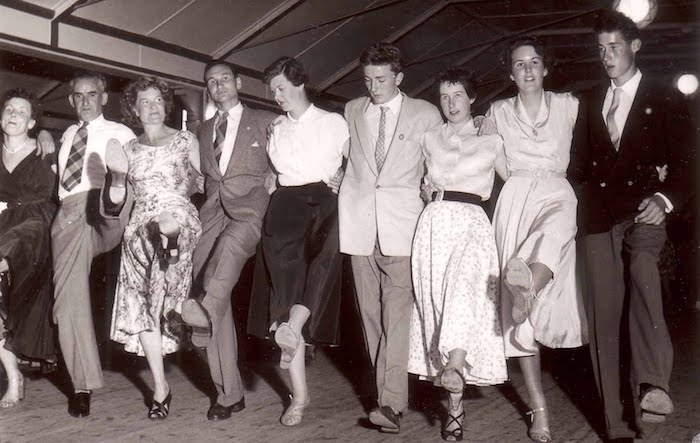We had a really lovely post-WCPT meeting of the whole IPHA membership this week. You can find links to the agenda and audio recording here.
There were some decisions made at the meeting that will shape some of the work of the IPHA for the next year or so:
- The Network Group meeting at WCPT proved to be a real success, and some things have come from that that we need to work on, including improving the website and developing some new projects. A copy of the summary report from the meeting can be found here;
- We’re going to look into the possibility of a pre- or post-conference workshop focusing on the history of physiotherapy at the next WCPT Congress in Dubai;
- We’re going to do some work to see if we can support the upcoming centenary celebrations in Canada (2020) and USA (2021). Obviously they’re very much about the history of the profession in these countries, so there’s may be an opportunity to collaborate on ideas and promote physiotherapy history at the same time;
- We’re going to look at developing the website to be more of a resource/archive for physiotherapy history documents, photos, links and other resources. We don’t want to be the central repository of physiotherapy history around the world, but we do want to be a source of links and resources for people to promote the idea of physiotherapy history. So we’ve got more work to do in that space;
- And we’re also looking at the idea of an online course on the history of physiotherapy, or a module/course in physiotherapy history for students. Using online tools like the way our Indian colleagues did here is becoming easier, so we’ll start looking more closely at this idea and see if there’s anything we can do.
We also talked about some of the research going on in physiotherapy history, and about the upcoming special issue of Physiotherapy Theory & Practice. If you’d like to read the abstracts of the papers that will go into the journal that we hope will be completed before the end of the year, click here.
Thanks to everyone who attended the meeting. We’ll hold another whole group meeting in late September. In the meantime, remember this immortal line from Bill Maher; “If you think you had it tough, read history books”.
Dave Nicholls, IPHA Chair

